John 6:14-15
Read John 6:14-15
Helpful Background Information:
In each Gospel account, as Jesus becomes increasingly popular among the crowds, he chooses to proceed with a greater level of secrecy. There are even two noteworthy examples of this in our primary teaching text this week. In Mark 7, we’re told that when Jesus entered a house, “he did not want anyone to know it; yet he could not keep his presence secret” (v.24). Again, at the end of the chapter, Jesus’ miraculous healing of the deaf and mute man was followed by a command “not to tell anyone” (v.36).
One clue as to why Jesus intends to preserve a level of secrecy is found in the Gospel of John, right after Jesus miraculously multiplies loaves and fish to feed a multitude of people. In this instance, we’re told that after the people saw the sign Jesus performed, they wanted to make Him king by force (6:14). Before they could do so, Jesus withdrew to a mountain by Himself (6:15).
The action of the crowd reflects their misunderstanding of Jesus’ identity and vocation. The crowd wanted to force Jesus into a position of political power as a way of rivaling the Herodians or the Romans. Clearly, Jesus wants no part in this kind of kingship. So much so that He flees the scene, so to speak, and sends His disciples out to sea to escape the political ambitions of the crowd.
In each of these cases, Jesus’ secrecy seems to be aimed at concealing who He is—and isn’t—until the proper time. Certainly, Jesus was and is the Messianic King—just not in the way the crowds would have expected.
Reflection Questions:
Crowds often attempted to use Jesus to advance their own preexisting agendas and purposes. In what ways are we most susceptible to doing the same kind of thing today?
In Mark 7:24, Mark 7:36, and John 6:15, Jesus speaks and acts to conceal His identity. Why did the timing of Jesus’ public revelation matter?
Jesus was a king, just not in the way the crowds wanted Him to be. In what sense was and is Jesus a “king” of a different sort? Explain.
